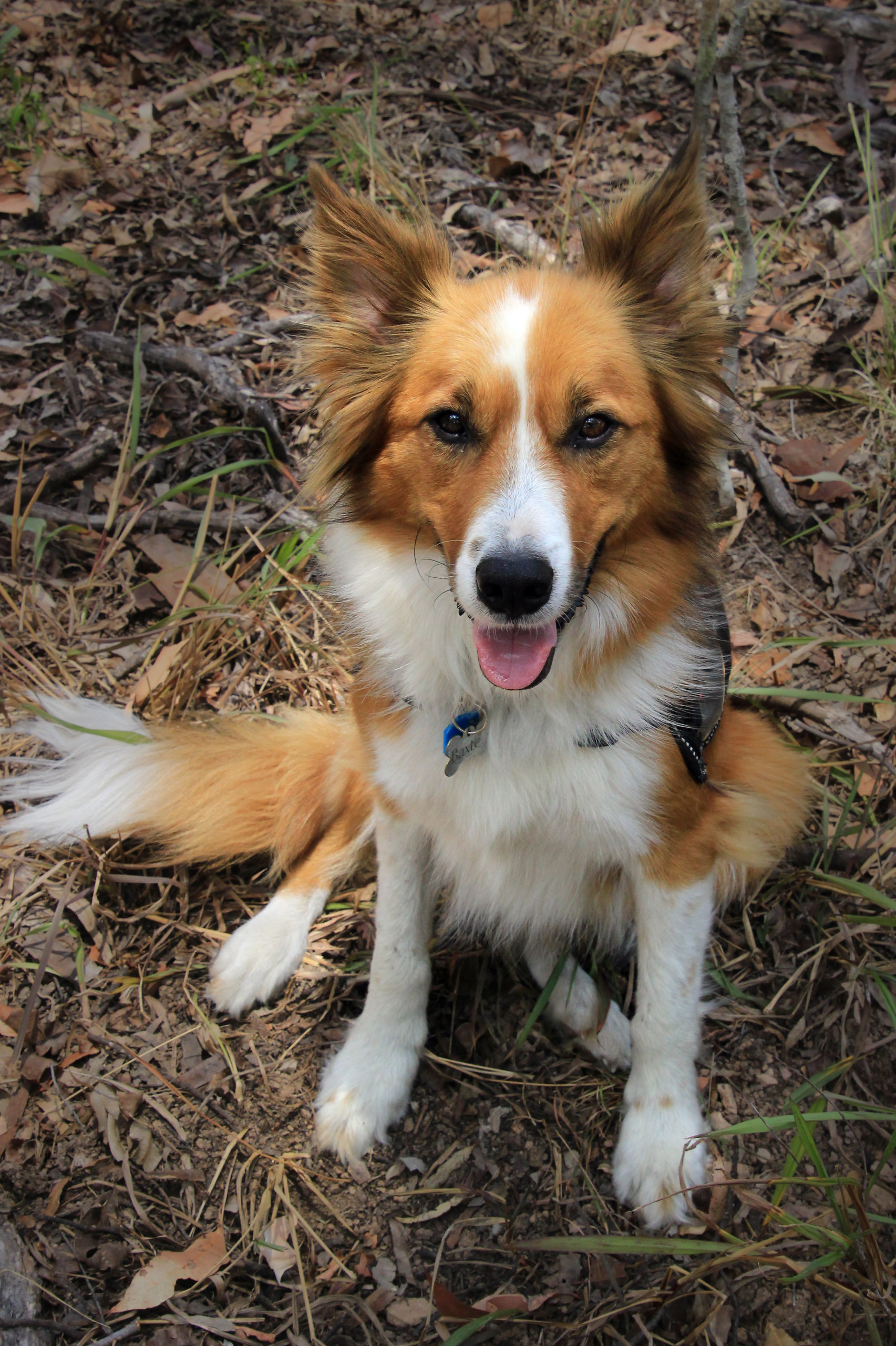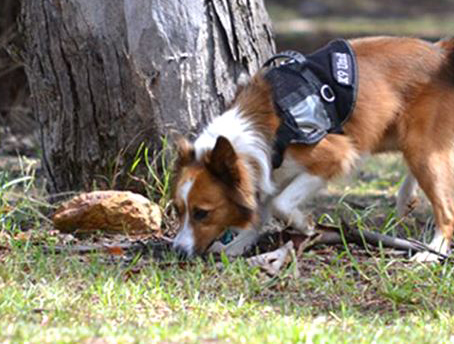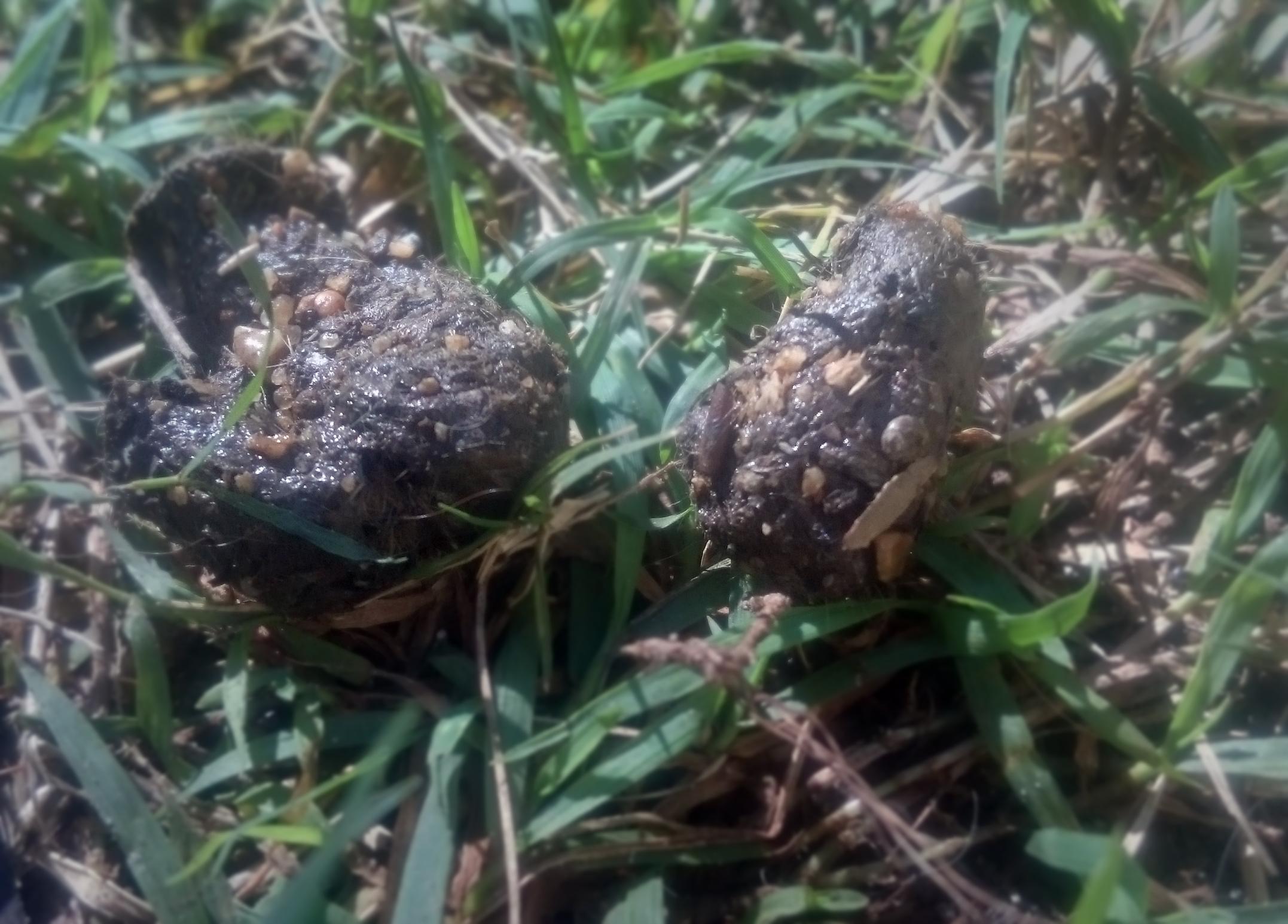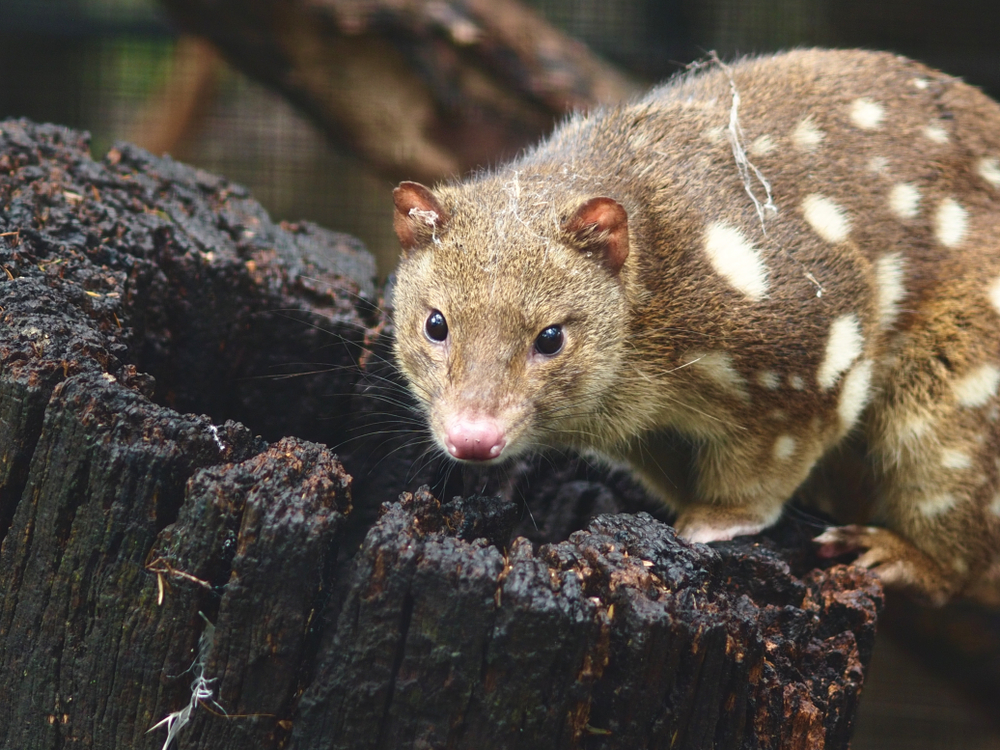The Ipswich Nature Centre is playing an important role in nature conservation.
The spotted-tail quoll scat collected at the centre is being used in research by various universities and organisations.
Specially trained detection dogs are using the nature centre quoll scat to train their dogs to identify specific odours used to determine the presence of quoll in bushland.
This work is vital in supporting many at-risk species and protecting Australia’s unique habitat.
The Ipswich Nature Centre is the only zoo in South East Queensland that cares for the rare Spotted-tail quoll.
The quoll scat is collected and sent to academics at the University of the Sunshine Coast (USC) who are part of the USC Detection Dogs for Conservation team.
Because dogs can smell what humans can’t see, dogs are used in conservation to track and help rescue rare animals such as koalas, quolls and masked owls, to detect pest species, and locate threatened native plants.
Environment and Sustainability Chair Councillor Russell Milligan said council’s partnership with USC was another example of how council and the community are working together to protect the environment.
“We have used DNA to detect platypus in local creeks and now our quoll scats are providing another important way we can help protect our wildlife and other native species,” Cr Milligan said.
“These special dogs are used to track wildlife that is generally injured, or isolated after natural disasters and we are happy to be able to help.”


One of the dogs trained using Ipswich Nature Centre spotted-tail quoll scat is Baxter, a border collie cross.
Baxter is trained to find koala and spotted-tail quoll scats.
He is described as food obsessed and drools uncontrollably.
When he’s found a scat he spins his tail like a helicopter before lying down on the ground to signal his precious find.
Baxter is a rescue dog with a sad back story that has left him with nightmares and loud noise and swearing will make him cower.
Out in the field, though, Baxter is a different dog – confident and focussed.
He is thorough and methodical.
While other detection dogs are full of energy, Baxter takes his time, sniffing at every tree.
Now, he has a whole pack of humans who love to supply plenty of attention and affection.
If you would like to support USC’s Detection Dogs for Conservation you can donate here.

The Ipswich Nature Centre’s quoll scat is in high demand with samples also going to researchers at the University of Queensland’s Hidden Vale Wildlife Centre in Ipswich.
The wildlife centre specialises in solutions for wildlife management and conservation and have a research facility located in Grandchester.
The quoll scat is also used in trials that see if native animals, such as bandicoots, can be trained to avoid predators.
Dr Megan Edwards is working on the project that is looking for solutions around Australian mammals’ naivety towards predators.
“Our native animals have not evolved with introduced predators such as foxes, dogs and cats,” Dr Edwards said.
“I used the quoll scat in experiments to see if bandicoots would avoid the areas where the scats were.
“I am very grateful to the Ipswich Nature Centre for giving me their scat as it allowed me to compare the difference between native predators and introduced predators.
“Quoll scat can be very hard to find in the wild.”
The native spotted-tailed quoll Dasyurus maculatus maculatus is a carnivorous marsupial listed as ‘vulnerable’ under Queensland’s Nature Conservation Act and ‘endangered’ under the Federal Environment Protection and Biodiversity Conservation Act.
Quoll like to hide in caves, rock crevices, logs and tree hollows.
They are mostly nocturnal and can roam up to six kilometres from their den looking for food.
They use scat to mark their territory.
Read also:
>>> Ipswich Nature Centre reopens
>>> Plans for the Ipswich Nature Centre: platypus and koalas


